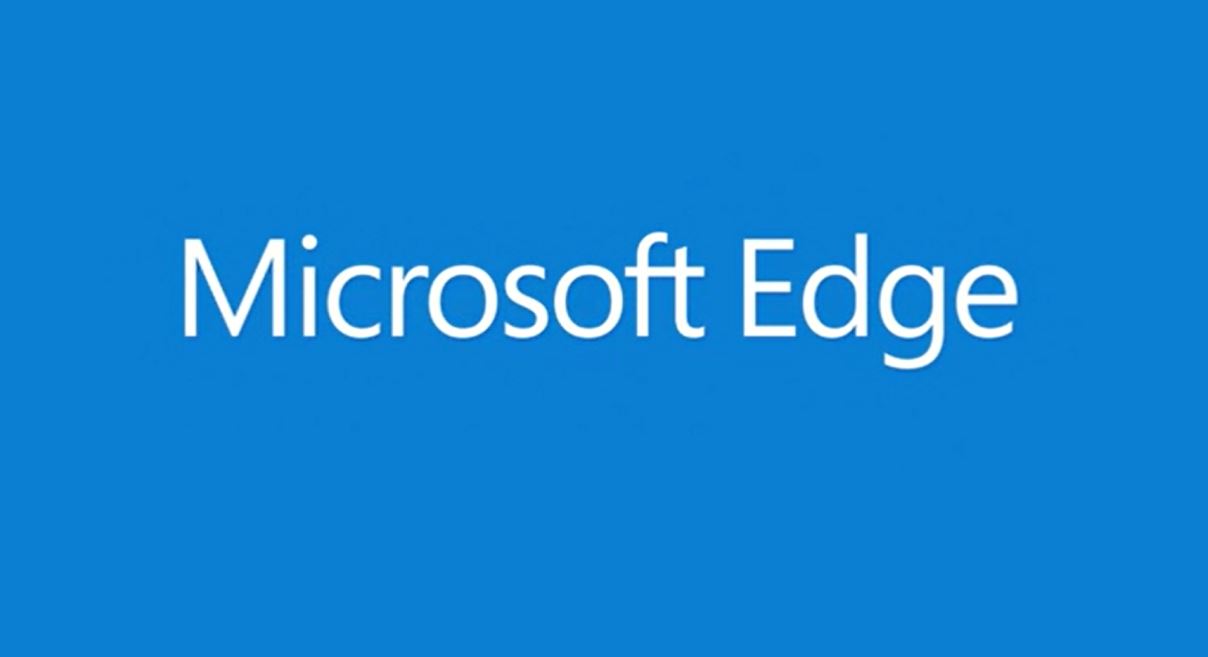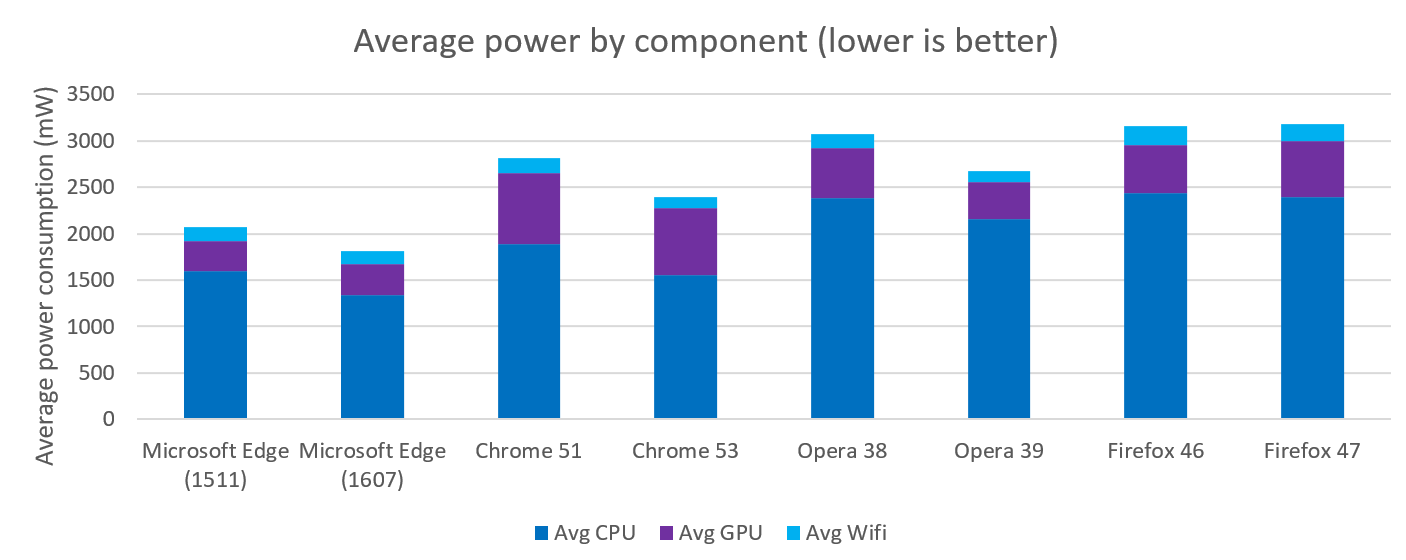Microsoft's Edge browser still beats Google's improved Chrome in battery tests
3 min. read
Published on
Read our disclosure page to find out how can you help MSPoweruser sustain the editorial team Read more

Microsoft and Google are in a war to provide the best battery life for your portable computer – and the only winners here are consumers.
Earlier this year, Microsoft released a video showing their improvements their Edge browser had with regards to battery life over other browsers like Google’s Chrome, Mozilla’s Firefox and Opera’s browser.
In response to that, Google released Chrome 53, introducing a new material design interface and more importantly, adding battery life improvements for Windows 10 users. Were those changes enough to edge Chrome ahead in the battery life department? Not quite.
https://www.youtube.com/watch?v=sHeAa4fzVNQ
According to Microsoft’s tests carried out on Edge in the Windows 10 Anniversary Update and Chrome 53, Edge still holds the battery life crown in the Windows 10 Anniversary Update.
The Microsoft Windows team measured the average power consumption of the CPU, GPU, and Wifi antenna while Microsoft Edge, Chrome, Firefox, and Opera ran a complex yet representative set of user activities.
These tests were done on three Surface Books running Windows 10 Anniversary Update (build 14393.105) and connected to the Internet through Wifi. Actual power consumption of the CPU, GPU, and Wifi antenna were measured using onboard Maxim chips, and read through Performance Monitor (Perfmon).
Microsoft tested the latest versions of Edge, Firefox, Chrome and Opera in a series of tests that mimicked “real world” usage of these devices. Just like the tests carried out before, Edge came out ahead, offering up to 43% more battery life in typical web browsing activities. Of course, Microsoft’s Edge team also used Google’s earlier benchmark test where they looped a video over and over in Vimeo to showcase Chrome 53’s improvements on a SurfaceBook to demonstrate what while Chrome was indeed more efficient than previous versions, Edge still lasted for more than 90 minutes than Chrome did (91 minutes? 100 minutes? )
It’s clear that Microsoft still holds the power consumption crown on Windows, Edge still isn’t the browser of choice for many people for various reasons, rxtension support still isn’t as widespread as Chrome is, Edge is sometimes flaky on certain devices and sometimes even consumes more RAM than it should when left in the background. Personally, I have found that Edge still freezes more than Chrome- which despite the higher power consumption still has an “it just works” quality around it that Edge doesn’t have just yet.
Regardless of whether Edge or Chrome is your browser of choice, both companies now have a vested interest in making sure their browser is better than the other, either on arbitrary bullet points, or meaningful statistics like battery usage, or RAM management. No matter who “wins”, we – as consumers and customers- all benefit.









User forum
0 messages